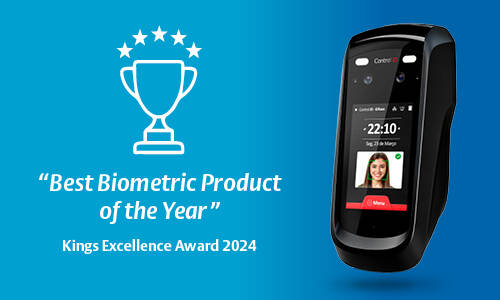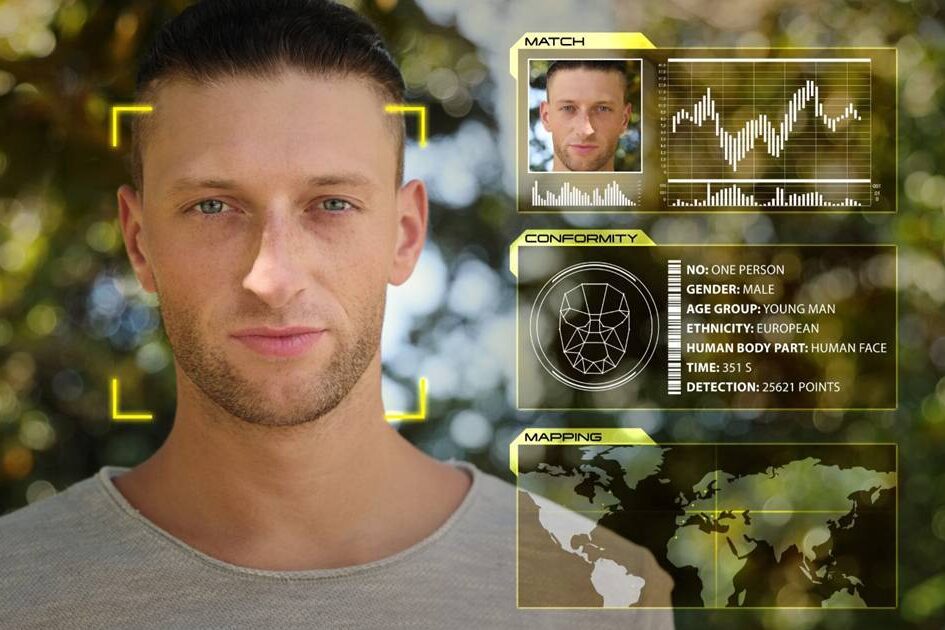 A research group working to create a safer breed of biometric technologies have been praised by the European Commission.
A research group working to create a safer breed of biometric technologies have been praised by the European Commission.
The TABULA RASA consortium compromises 12 different organisations across seven countries and has been running for three years. Around €4.4 has been invested in the project by the European Union, with the consortium investing €1.6 million to carry out research and testing.
The project has worked to extensively research and test the latest software against potential threats, with some biometric sensor vulnerabilities previously well-publicised in the media. It is hoped that, as face, voice and fingerprint identification software is increasingly used in devices such as smartphones and tablets, the research can create a new breed of safer biometric systems.
TABULA RASA have extensively researched vulnerabilities and worked to develop counter-measures. The research includes hosting a ‘Spoofing Challenge’ in which global researchers were invited to develop attack plans and showcase the multiple ways in which biometric systems could potentially be deceived.
Such proposed attacks included using make up to spoof a 2D facial recognition system – which succeeded in being recognised as the victim – and well-known tactics such as photos, masks or fake fingerprints to spook systems.
The project has developed an extensive list of possible spoofing attacks, evaluated the vulnerability to such attacks and worked to develop counter-measures accordingly.
TABULA RASA hopes the development of such counter-measures can help European industries to improve the conception of future spoofing-proof biometric sensors, which can open up the huge potential in biometric technology.
A memo from the European Commission has praised the project. Neelie Kroes, European Commission Vice President said the Commission was pleased with the success of TABULA RASA. She added: “No other research group has achieved such advanced results in biometrics to date”.
Dr Sébastien Marcel, co-ordinator of the TABULA RASA project, said: “As well as more secure devices and information, the improved software will offer quicker log-ins to IT equipment and faster more accurate border control and passport verification.
“We believe that many different organisations will be interested in our research including technology companies, post offices, banks, manufacturers of mobile devices or online service providers.”
The project is expected to create jobs across Europe as the results of the research become integrated into commercialised biometric solutions.



























